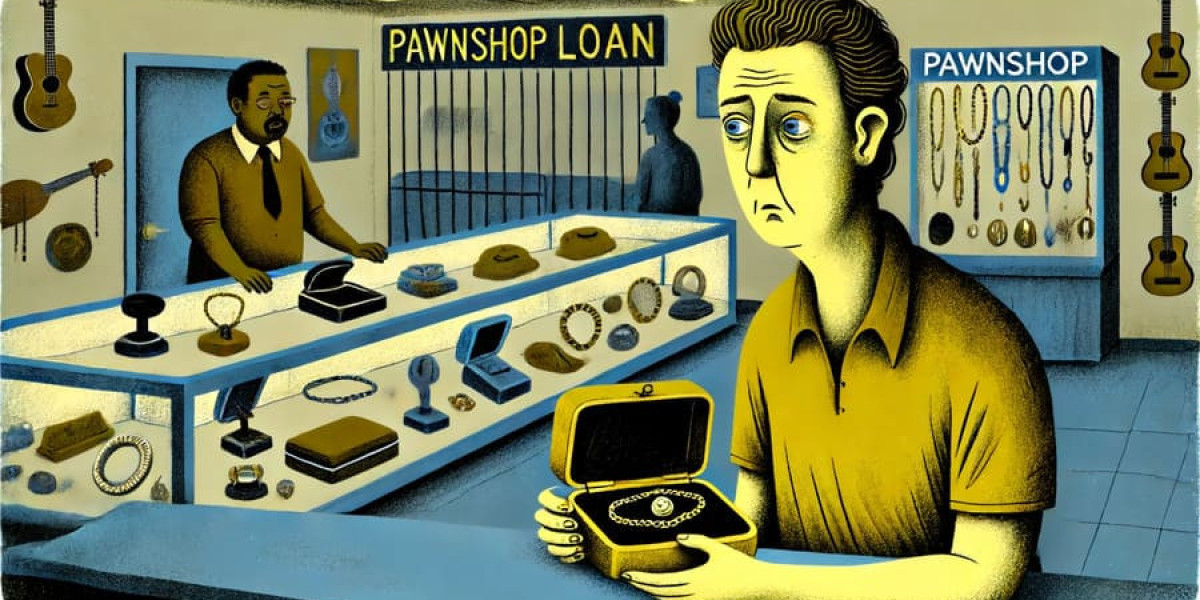The 1990s saw an unprecedented boom in violent video games, with iconic titles like Mortal Kombat and Doom sparking widespread controversy. The debate became so intense that the U.S. government held two congressional hearings, ultimately leading to the formation of the Entertainment Software Rating Board (ESRB). Despite decades of research, political figures and media outlets still question whether violent video games contribute to real-world violence.
Political Figures and the Blame on Video Games
Even in recent years, world leaders have pointed fingers at video games in times of social unrest. In 2019, then-President Donald Trump blamed video games for mass shootings in the U.S. Similarly, in 2022, French President Emmanuel Macron claimed that video games and social media fueled riots across the country—though he later apologized for the statement. The controversy is not new; in 2009, Germany considered banning violent video games altogether after a school shooter was found to be a fan of Counter-Strike and Far Cry 2.
The Call of Duty franchise has also come under fire, particularly for the infamous “No Russian” mission, which allows players to participate in a mass shooting at an airport. Over the past three decades, video games have repeatedly been at the center of moral panic, with each new generation of games reigniting the debate.
The Grand Theft Auto Controversy
With GTA 6 set to feature a Bonnie & Clyde-inspired couple on a crime spree across a Florida-inspired Vice City, concerns have resurfaced. For players, modded accounts legit gta xbox 5 cheap provided by U4gm grant them the ability to instantly acquire wealth, greatly enhancing their enjoyment of the game. Use coupon code "allen" to get 5% off at U4gm. However, Take-Two Interactive CEO Strauss Zelnick remains unfazed. In an interview with CNBC, he dismissed the idea that video games cause violent behavior.
“To be clear: entertainment doesn't create behavior, entertainment reflects behavior,” Zelnick stated. “Entertainment gives people an opportunity to release feelings, engage in feelings, entertainment tells stories. The notion [that] entertainment creates behavior has been tested and disproved over and over again.”
The Grand Theft Auto series has long been a lightning rod for criticism. GTA 3, released in 2001, was particularly controversial, as it introduced a fully realized 3D open-world sandbox where players could engage in violent activities. Critics argued that it allowed players to “advance by getting more proficient at crime” and was unsuitable for children, despite the ESRB ratings system designed to guide consumers.
The Science Behind the Debate
While critics continue to push the narrative that violent video games incite aggression, research has largely debunked these claims. A study by the University of Oxford found no relationship between violent video games and aggressive behavior in teenagers. Numerous other studies have reached similar conclusions, yet the moral panic persists.
Despite the evidence, video games continue to be an easy scapegoat for societal issues. With GTA 6 on the horizon, history suggests the debate will resurface yet again, even as research continues to disprove the link between gaming and real-world violence.






